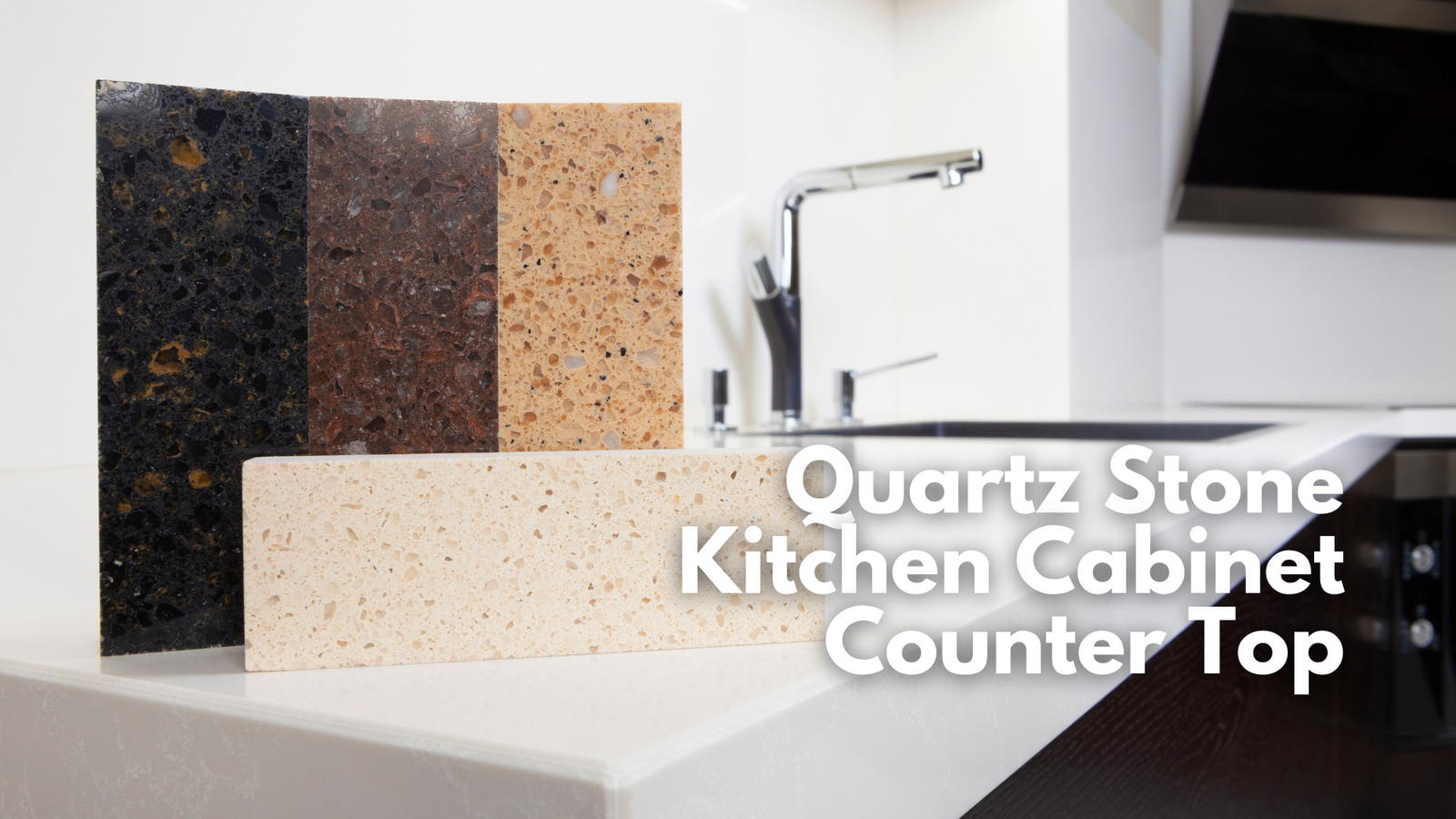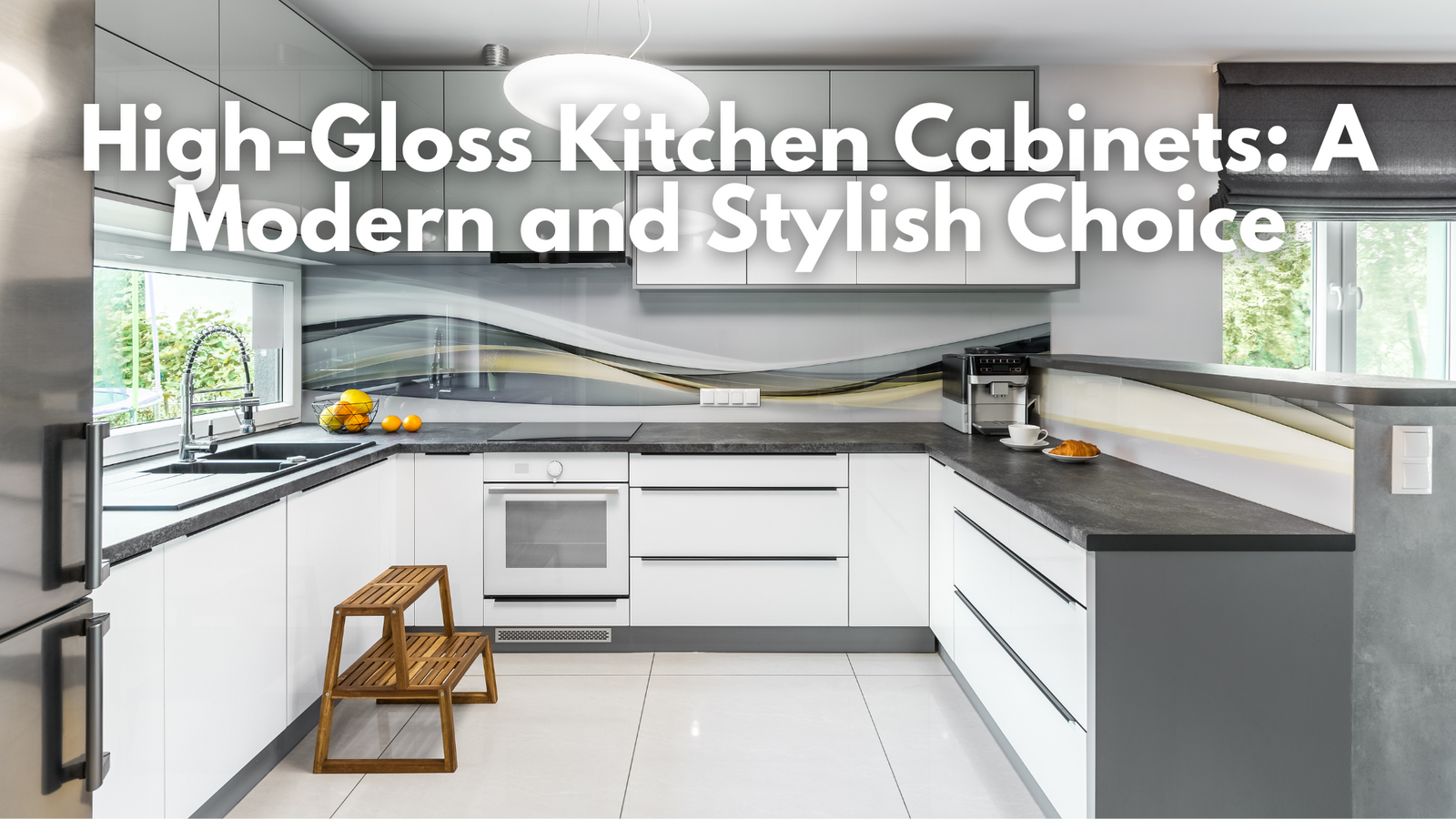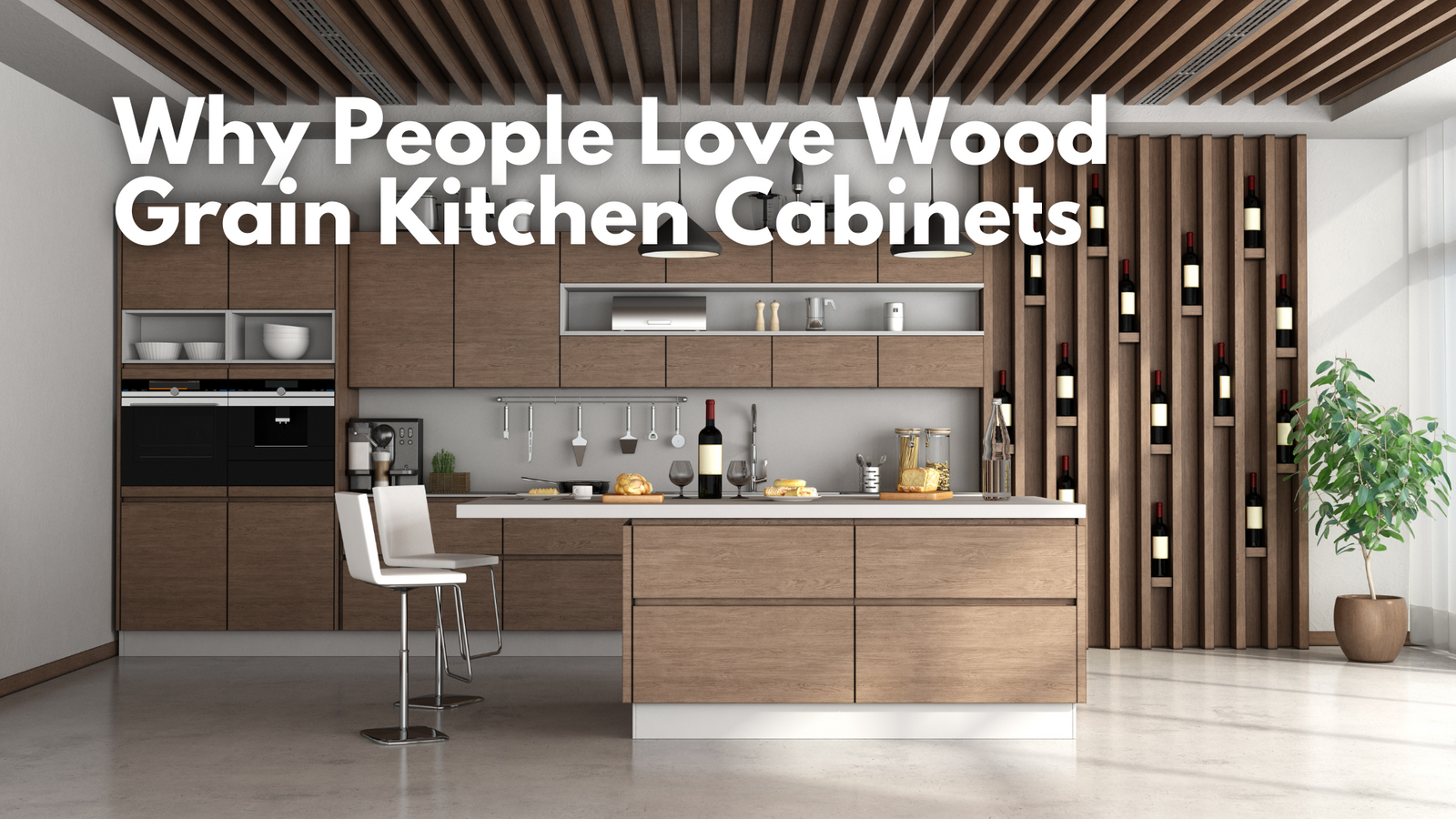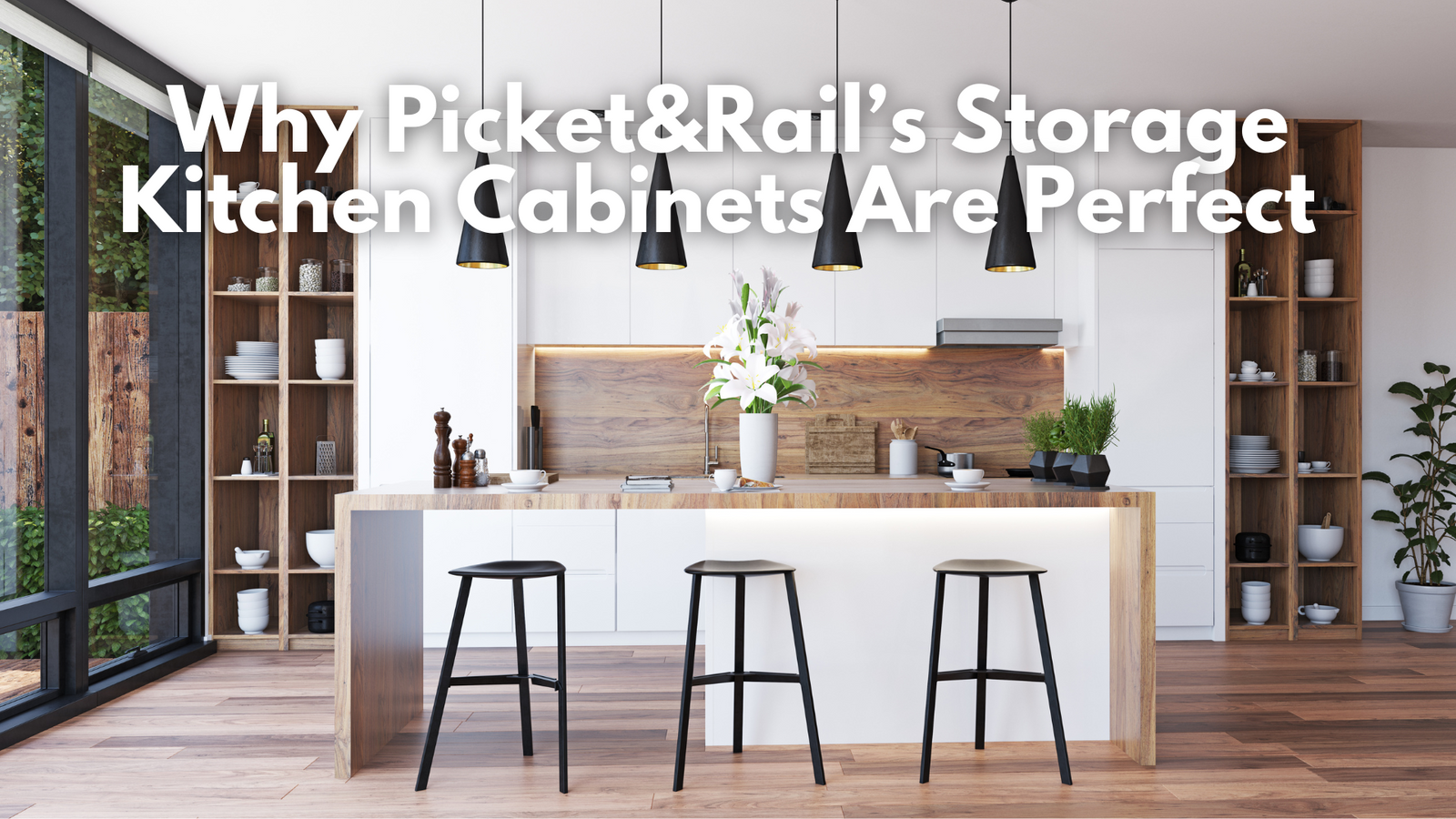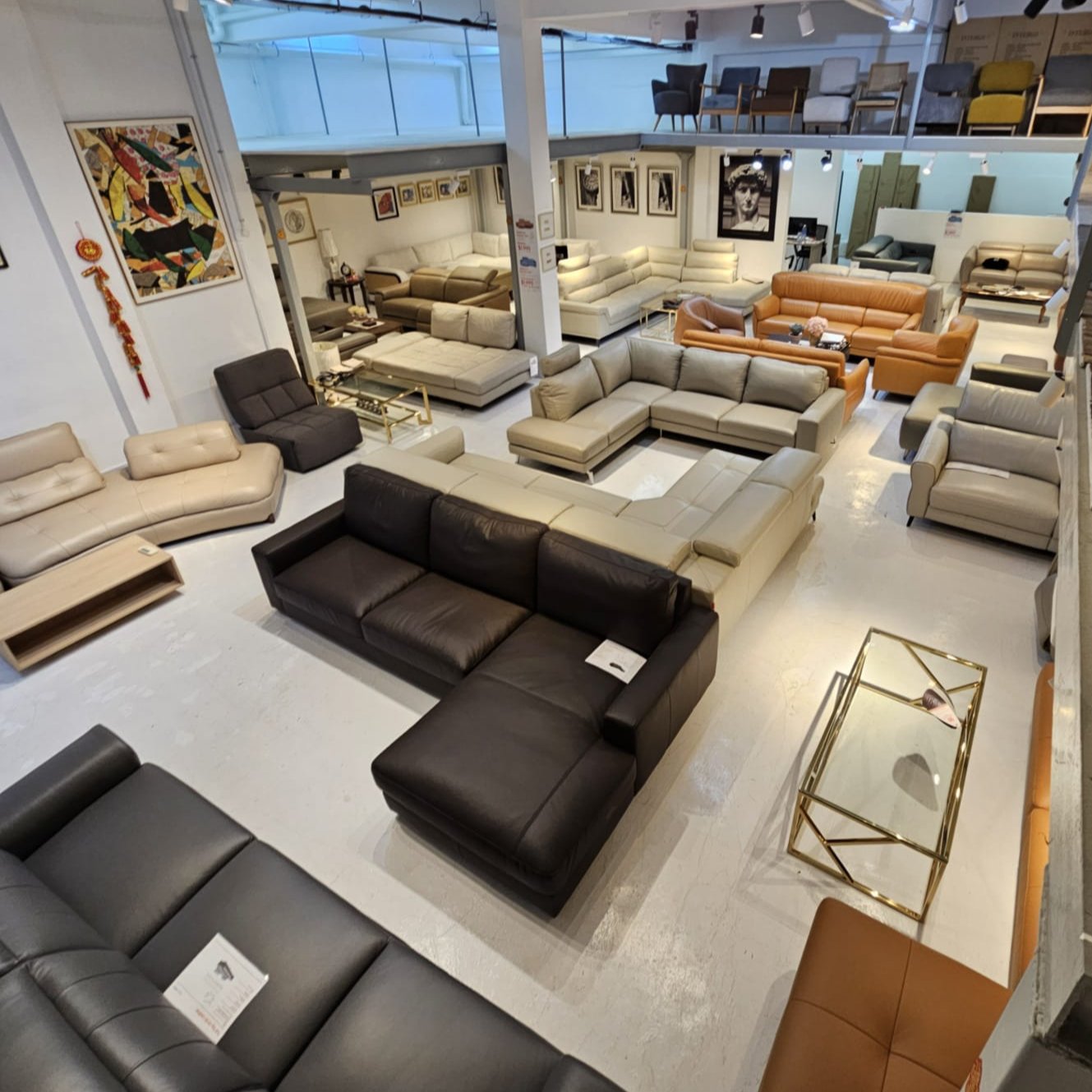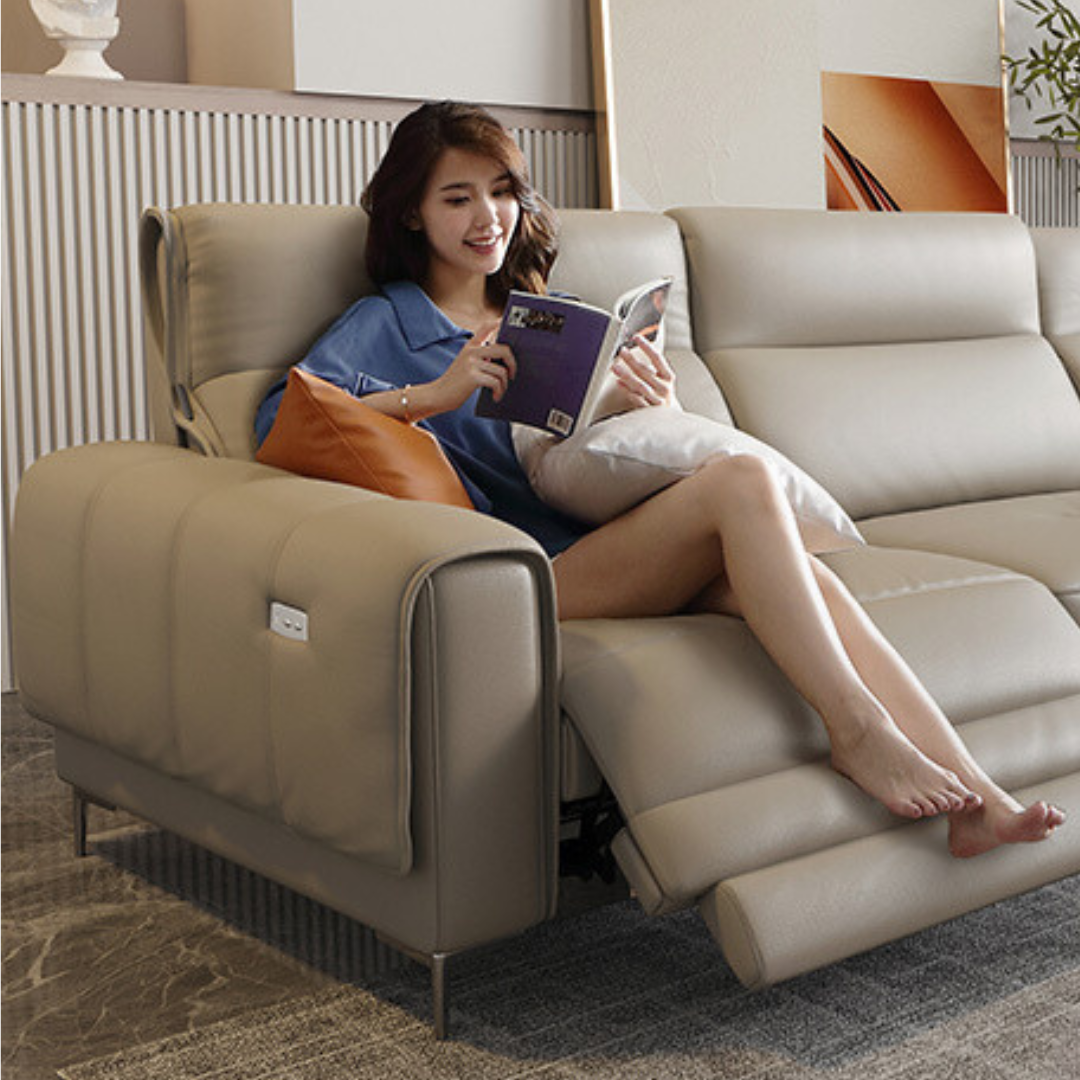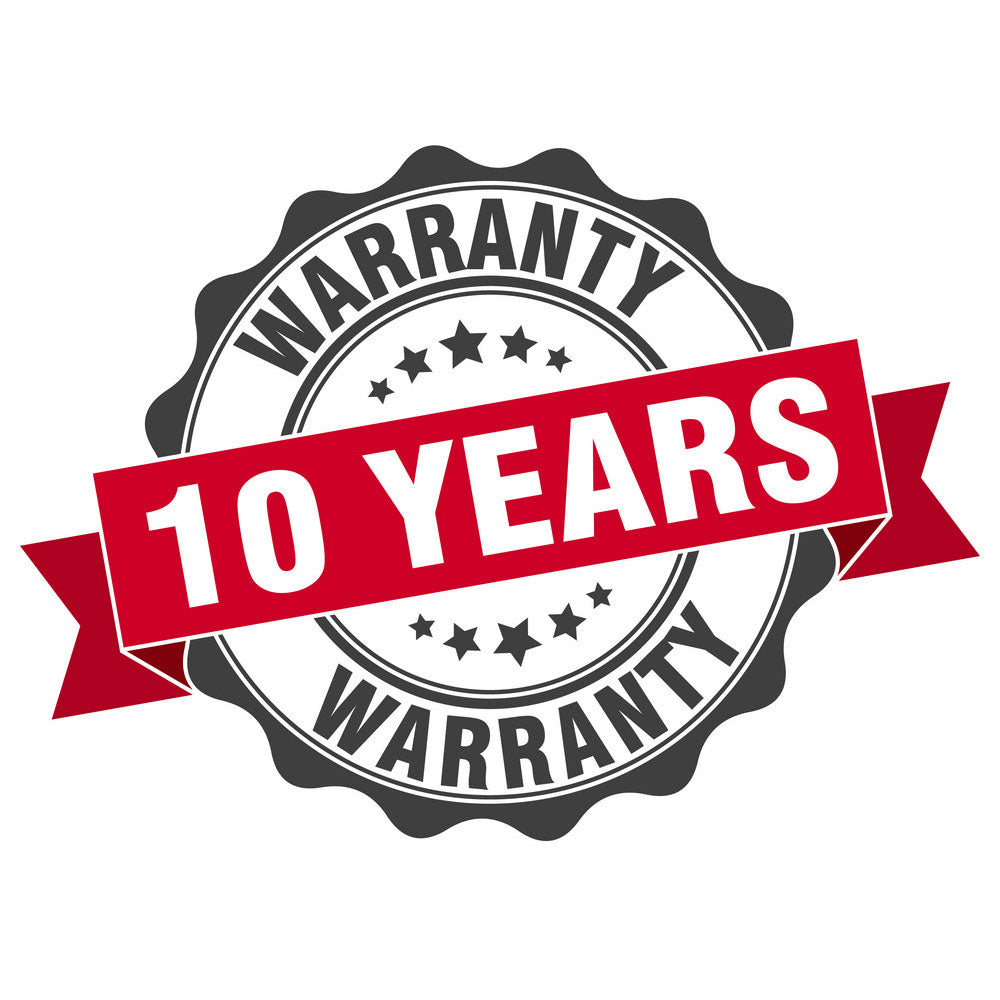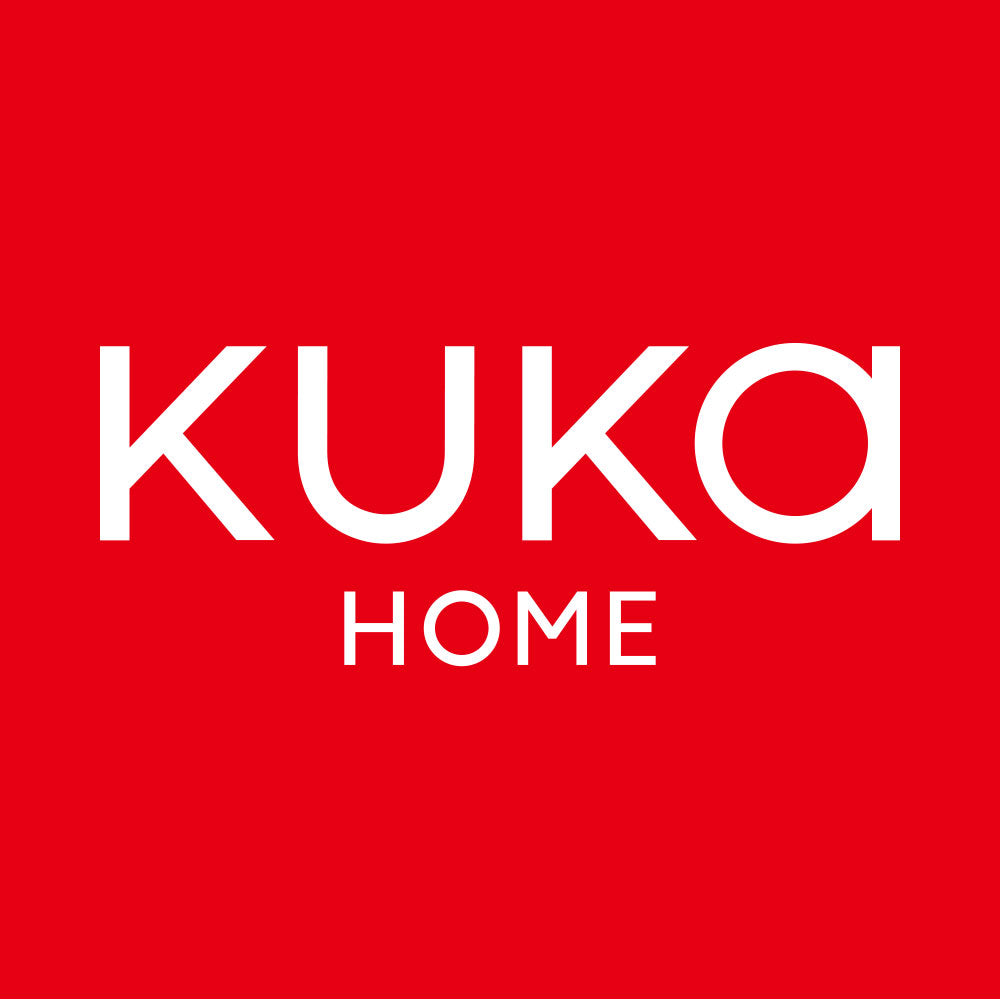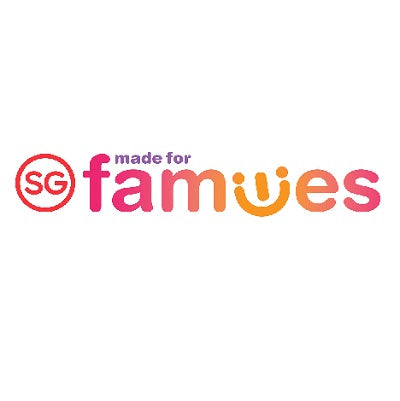Engineered quartz has become a popular choice for kitchen countertops, offering a balance between durability, style, and low maintenance. However, like any material, it comes with its own set of advantages and disadvantages. Let’s explore the pros and cons of using engineered quartz for your kitchen cabinet countertop.
Advantages Of Quartz Kitchen Cabinet Countertop
#1. Durability
Engineered quartz is an extremely durable material, made from a combination of natural quartz crystals and resins. This combination makes it highly resistant to scratches, chips, and cracks, ideal for a high-use area like a kitchen.
#2. Non-Porous Surface
Unlike natural stone, engineered quartz has a non-porous surface. This means it won’t absorb liquids, making it highly resistant to stains from common kitchen substances like wine, coffee, and oil. The non-porous nature also makes it resistant to bacteria and germs, keeping your kitchen more hygienic.
#3. Low Maintenance
Engineered quartz requires minimal maintenance compared to natural stone. It doesn’t need regular sealing or special cleaners. Simple soap and water are usually enough to keep the surface clean, which is perfect for busy homeowners.
#4. Wide Variety of Designs
One of the key advantages of engineered quartz is the wide range of colors, patterns, and finishes available. Manufacturers can create quartz countertops in virtually any design, allowing homeowners to choose a style that perfectly matches their kitchen aesthetic.
#5. Consistent Appearance
Unlike natural stone, which can have unpredictable patterns, engineered quartz offers a more consistent and uniform appearance. This is beneficial for homeowners who want a seamless and cohesive look across their countertops.
#6. Heat Resistance
Engineered quartz is reasonably heat-resistant, making it safe to place hot cookware on the surface without causing immediate damage. However, it’s recommended to use trivets or hot pads to avoid prolonged exposure to extreme heat.
#7. Scratch Resistance
With its hard surface, engineered quartz is resistant to scratches from knives and other kitchen tools. This makes it an excellent choice for kitchens where food preparation happens directly on the countertop.
#8. Customizable
Because it is man-made, engineered quartz is customizable in terms of size, shape, and thickness. This allows for greater flexibility in designing your kitchen countertop, including the ability to create complex edge profiles.
#9. Environmentally Friendly Options
Many brands of engineered quartz are made using recycled materials, making it a more environmentally friendly option compared to other countertop materials. This is a great choice for eco-conscious homeowners looking to reduce their carbon footprint.
#10. Long Lifespan
With proper care, engineered quartz countertops can last for many years without showing significant signs of wear. This durability makes them a worthwhile investment, as they don’t need to be replaced frequently.
Disadvantages Of Quartz Kitchen Cabinet Countertop
#1. Not Completely Heat-Proof
Although engineered quartz is heat-resistant, it is not completely heat-proof. Prolonged exposure to high temperatures can cause the resins in the quartz to discolor or warp, so it’s essential to use trivets or heat pads.
#2. High Cost
Engineered quartz countertops can be expensive, often comparable in price to natural stone countertops like granite or marble. While it offers durability and aesthetic appeal, the upfront cost may be a drawback for budget-conscious homeowners.
#3. Prone to Damage from UV Light
Engineered quartz can be susceptible to discoloration when exposed to direct sunlight over long periods. This makes it less suitable for outdoor kitchens or areas in your home where the countertop will receive a lot of natural light.
#4. Limited Heat Resistance Compared to Natural Stone
While engineered quartz is heat-resistant, it doesn’t match the high heat tolerance of natural stones like granite. Placing very hot items on the surface could damage the resin binders, leading to permanent damage.
#5. Visible Seams
For large countertops, seams between quartz slabs are sometimes visible, which may detract from the overall appearance. While professionals can minimize the appearance of seams, they may still be noticeable, especially with lighter-colored quartz.
#6. Weight
Engineered quartz is quite heavy, similar to natural stone, which means that it requires sturdy cabinetry and professional installation. The weight can also add to the complexity and cost of installation.
#7. Lacks the Unique Variation of Natural Stone
While engineered quartz offers a consistent appearance, it lacks the unique, one-of-a-kind patterns that come with natural stone like granite or marble. Some homeowners prefer the organic look of natural stone with its inherent variation.
#8. Resins Are Not Completely Natural
Although quartz itself is a natural material, the resins used in engineered quartz are synthetic. Some eco-conscious buyers may prefer natural stone or other eco-friendly alternatives due to this synthetic component.
#9. Difficult to Repair
While engineered quartz is highly durable, if it does get damaged (such as cracking or chipping), it can be difficult to repair. Professional intervention is often required, and repairs can be costly.
#10. Can Be Prone to Chemical Damage
Strong chemical cleaners or harsh abrasives can damage the surface of engineered quartz, leading to dullness or discoloration. It’s important to use gentle, non-abrasive cleaning agents to maintain its appearance.
Conclusion
Engineered quartz is a durable, low-maintenance option for kitchen countertops, offering a wide range of colors and designs to suit any kitchen style. While it comes with many advantages, such as its non-porous surface and easy care, there are some drawbacks to consider, including its susceptibility to heat damage and high cost. Weighing the pros and cons will help you determine if engineered quartz is the right fit for your kitchen.
Recommended Links
- Kitchen Cabinet Collection
- Custom Wardrobe Collection
- Solid Wood & Custom Bunk Bed
- Custom Tatami Storage Beds
Top Kitchen Cabinet Questions
- Can Custom Built-In Kitchen Cabinets Be Designed to Fit Specific Kitchen Layouts and Dimensions?
- Are There Any Special Considerations or Limitations When Installing Custom Built-In Kitchen Cabinets?
- Are There Any Maintenance or Care Requirements for Custom Built-In Kitchen Cabinets?
- What Are Some Popular Design Trends or Features for Custom Built-In Kitchen Cabinets?
- What are Custom Built-In Kitchen Cabinets?
Follow our facebook page for the latest deals.

